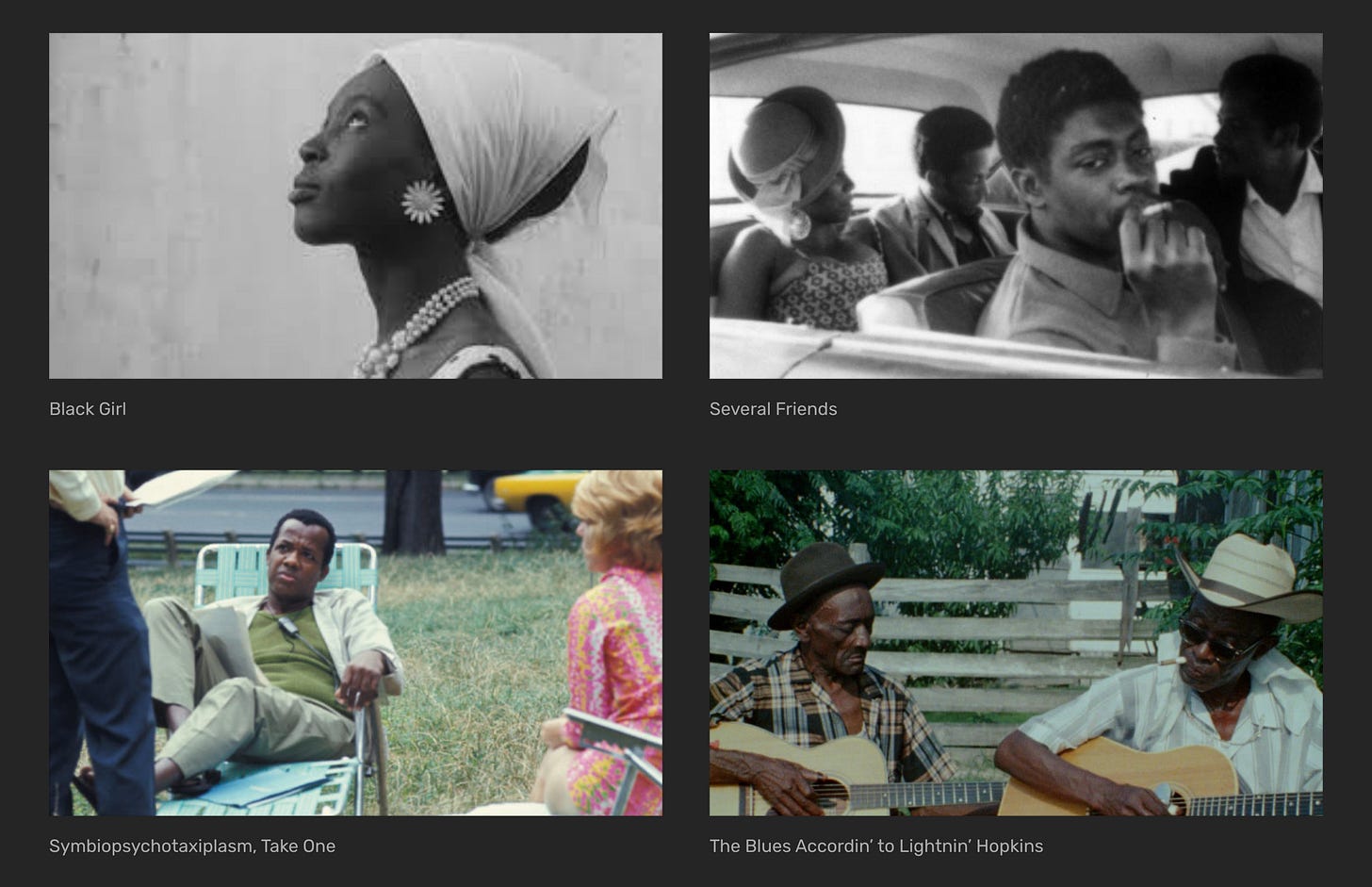This week, we interviewed Maya Cade, who writes Black Film Archive, a publication that expands on her work compiling vintage Black films that are currently available on streaming.
This interview has been lightly edited for length and clarity.

What’s your Substack about in one sentence?
It provides further context on the films highlighted in my growing Black film archive and fuels my life’s chosen purpose of sharing as much as I can about Black cinema.
Where did the idea for Black Film Archive come from, and what motivated you to make the project a reality?
In the middle of the Black Lives Matter protests, I was asking myself questions I’m sure many of us were: “What sustains me? What brings me joy?” I knew that Black film was that answer. We all have our gifts, and my grandmother instilled in me the idea that gifts are truly treasured when they’re shared. Black Film Archive, and the Substack by extension, is my current way of sharing my gift.
How are you defining Black film?
All films collected in the archive have something significant to say about the Black experience, and many also speak to Black audiences and/or have a Black star or director.
What do people get wrong or misunderstand about the history of Black film in America?
There is a misunderstanding that Black film exists as a binary, that Black cinema’s past should be dismissed because it is mostly “traumatic” and/or “racist.”
Cinema is a reflection of life. These films contain joy, love, tenderness, hardships, and wonder. Black film’s past – like Blackness – contains multitudes worthy of exploration.

The archive currently has over 200 films, and you write every description yourself. What’s your process for researching and adding fresh films to the archive?
When I began researching over a year ago, I started adding Black films I discovered between 1915 and 1979 into a spreadsheet. If I heard even a whisper of a Black film, I cataloged it in my list and would add descriptions on an ongoing basis. I have been guided by the many wonderful Black film books written by film scholars, and am thankful to learn from their expertise as I continue to shape my own.
The process for adding a film to the archive consists of consulting my spreadsheet to manually look up if the film is streaming, researching information about the film in the books I own and online, and, finally, writing my own description for the film. This has been and continues to be a highly manual labor of love.
What’s an essential Black film everyone should see but few have heard of?
Nationtime is an essential document that was once considered too militant for broadcast. Until recently, it was only available in a condensed format. Now restored to its full glory, the William Greaves documentary is a report on the National Black Political Convention of 1972 in Gary, Indiana.
The film captures the tension of what Black liberation and the urgency of a Black tomorrow means for voices across the political spectrum. With dynamic speeches from Amiri Baraka, Isaac Hayes, Dr. Betty Shabazz and countless others, you begin to understand that the time to work toward justice is always now.
Who’s another Substack writer you’d recommend?
Harmony Holiday’s Black Music and Black Muses brings me endless delight. Her harmonic writing and her examination of the world are just beyond. It’s certainly a Substack I can’t praise enough.
Subscribe to Maya’s newsletter, Black Film Archive, visit the archive, or find her on Twitter.


